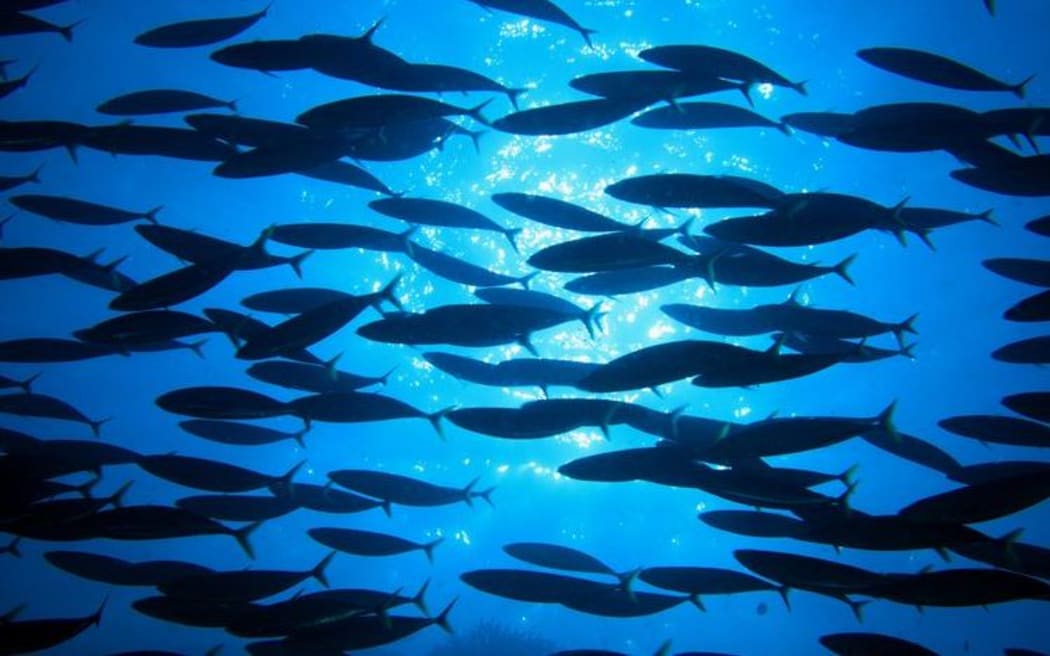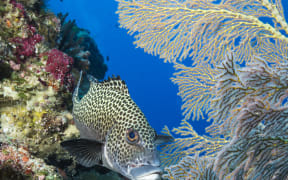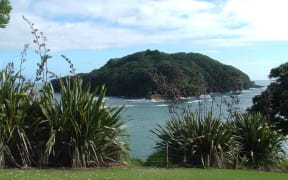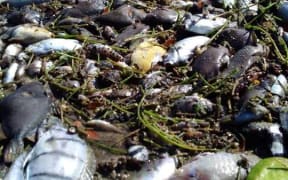Debate is intensifying over a critical report into the fishing industry, which says fish stocks are much lower than expected, before it has even come out.

Photo: 123 RF
The report is due to be released next week and is expected to say New Zealand fish stocks are much lower than official figures say they are.
But this is already being questioned by the Ministry for Primary Industries and industry body Seafood New Zealand.
The report was written by Auckland University academic Glenn Simmons, on behalf of a project called 'The Sea Around Us', which is based at the University of British Columbia.
A draft version of its findings was released a year ago and was criticised by Seafood New Zealand.
The details of the final report have not been disclosed and Dr Simmons could not be reached for comment.
But the principal investigator for 'The Sea Around Us', Daniel Pauly, gave a hint about its contents, saying New Zealand fishing companies were catching more than they said they were.
"The catch is composed of landed and discarded fish," Dr Pauly said.
"There is apparently in New Zealand an enormous amount of discarding (of fish) that was not accounted for.
"This information was obtained by interviewing the crew members of contracted fishing companies."
Dr Pauly said this practice was depleting total fish stocks and jeopardising the future of the industry, and was a problem New Zealand shared with many other countries.
However Seafood NZ chairman George Clement rejected these arguments, along with the methods used to get the information.
"We cannot afford to rely on hearsay in managing the fish industry. Fortunately in New Zealand, we have close monitoring of our fisheries," Mr Clement said.
"The estimations made by NIWA (National Institute for Water and Atmospheric Research) is that in the deep-water fishery, for every one tonne that is reported as caught, approximately one 10th of a tonne is not recorded."
In other words, he said, the slippage was just 10 percent, way less than critics alleged, and was still being worked on to bring it lower.
Mr Clement added NIWA did regular trawl surveys to gauge the real extent of fishing stocks.
The criticism by 'The Sea Around Us' was also rejected by the Ministry for Primary Industries.
Deputy director general Scott Gallacher said the real measure of sustainability was abundance - the amount of fish in the sea - not the amount of fish caught by trawlers.
"The latest figures show that 96.4 percent of fish landed from stocks of known status were taken from stocks that are above or well above levels where sustainability is a concern," he said.




